The Future Of Accountancy – The Next 90 Years
This article originally appeared in the June issue of CPA Ireland Magazine (Certified Public Accountants)
In the days of the uberisation of the workforce and the emergence of FinTech (financial services technology), does accountancy have a future? As with many things, of course it does – but perhaps not as we know it . Let me take you on a whistlestop tour of business and finance trends that you need to keep an eye on: more than threats, think of them as opportunities to thrive and flourish . This year CPA Ireland celebrates its 90th anniversary – here’s to the next 90 years!
Does accountancy have a future? As with many things, of course it does – but perhaps not as we know it
Click To Tweet
Globally, there continues to be strong interest in pursuing accountancy-related career choices in response to a strong market. The total membership of the accountancy bodies has grown at a compound annual rate of 2.5% in the UK and ROI and 3.4% worldwide over the past five years, according to the Financial Reporting Council. However, let’s conduct a scenario analysis: if we become aware of assumptions and critically examine “the way we’ve always done things”, what transpires? Consider the status quo and think about the industry assumptions you hold. Now, think about what would happen, for better or for worse, if these assumptions no longer held true. For example:
- Limited companies need accountants to produce a set of accounts
- Sole traders don’t necessarily need an accountant to fill out their tax returns
- The audit exemption is in place for small companies
- The production of financial and management accounts requires a human being to intervene in the process at some stage(s)
- Irish companies need to file accounts with Irish tax returns to an Irish taxation body (as opposed to a European body)
What if the assumptions that underpin your whole profession no longer held true?
Click To Tweet
Likelihood as well as Impact
The next step in an effective scenario analysis is to examine each assumption in terms of likelihood to change as well as impact. Let’s consider the first two assumptions: what if companies didn’t need accountants anymore? What if people who don’t use accountants today did so in the future? How might that happen?
What if people who don’t use accountants today did so in the future? How might that happen?
Click To Tweet
A key trend making headlines currently is the “uberisation” of the workforce. In the last recession, more and more people became freelancers out of necessity to make a living after they were made redundant or couldn’t find a job. The internet, of course, had a crucial part in enabling that, as well as the glamour of the “digital nomad”; earning money remotely from a beach in Thailand and backpacking through Asia while using geoarbitrage to earn in a strong currency and spend in a weak one. A recent Ipsos Mori study confirmed that this “sharing economy” has provided five million Britons with paid work via Uber, AirBnb, Lyft etc. That same study evidenced that 42% respondents, equivalent to more than 18.5 million people, said they have used apps and online platforms to source taxi drivers, builders, designers and accountants.
Companies capitalise on the fact that hiring contractors, as opposed to employees, reduces the need for benefits and pension plans, and makes it easier to adapt to the requirements of projects in an agile fashion. Instead of having to hire at double pace in times of plenty, only to be confronted with a bloated payroll during leaner times, companies can adapt by only reaching out to those contractors they need, when they need them.
This only reflects the larger trends affecting the business world. As a teenager, I used to think that, in order to have a large company, a “real” business, I needed lots of inventory and lots of people to sell it, all housed on company premises on expensive real estate. Today, I run a small company with customers across three time zones, collaborate with partners, institutions and agencies; operate out of an incubation centre and lever technology for communication, management and operations. Think about this on a global scale. The world’s first accommodation provider in number of beds is neither Hilton nor Marriott. It’s AirBnB, with 2,000,000 listings. How many rooms does AirBnB actually own and service? Zero.
The future of your profession only reflects the larger trends affecting the business world.
Click To Tweet
Corporate culture
Likewise, corporate culture is evolving towards the idea that contracting work isn’t just for temps, but can be suited to specialised, niche skills with high level execution. Similarly, companies clearly have to realize that today’s workforce loves variety. According to the Bureau for Labor Statistics in the US, the average 55-year-old spends on average 10 years at a job, while the average 25-year-old spends three. This means that employee retention becomes more difficult, but that talent today is more rounded, versatile and can leverage transferable skills. The world of “self-employment” appeals to all these attributes. In 2014, the World Bank measured that 17.3% of the total number of people employed in Ireland were self-employed. The recovery in some sectors and regions has seen since then has offered more opportunity for stable employment to involuntary freelancers who might want traditional paid working arrangements. However, the CSO notes the number of people in the “self employed (with no paid employees)” category was 215,000 in Q1 2013 and this has grown by 14,000 people within two years. In particular, as aforementioned online business models are tried, tested and embraced, people are finding ingenious ways of earning a living through a range of passive or semi-passive incomes rather than one job.
As a result, the rise of the self-employed is a factor that concerns accountancy firms on two counts: one, many companies have less people on the payroll (and they might not even have a payroll to begin with). These companies have less of a need to manage salaries, expenses, benefits and so on and so forth. Two, the emergent self-employed contractors, even though they are de facto businesses, have relatively simple accounts and can use existing accounting software to produce the vast majority of what they need.
The rise of the self-employed is a factor that concerns accountancy firms on two counts
Click To Tweet
Automation and software proliferation
Let’s consider this trend of automation and software proliferation. Could there be a shift towards government-mandated, compulsory software that people and companies have to use in order to file their taxes? Take the example of banks: between the good old ATMs, internet banking and mobile apps, most people today don’t have any need for a physical retail presence. Banks offer incentives (like lower or no fees on certain types of current accounts) to encourage their customers out of the branch. Mortgage applications are handled through software where choices can’t be overridden by an employee. Most banking processes have been automated, making much human interaction obsolete.
Could the same happen to accountancy? Today many accountants process the data from their clients through cloud-based filing systems or through the CSV file produced by the customer’s CRM (Customer Relationship Management) system… Hence, bookkeeping offers little extra value and certainly isn’t a differentiating factor. Rather than be held back by the hassle of retrieving all of their paperwork from their existing accountant, all a client need do now is send a Dropbox folder invite to a new e-mail address. Therefore, this barrier to moving supplier has disappeared.
Many processes have been automated through software. Could the same happen to accountancy?
Click To Tweet
Adapting to change
These wider trends don’t of course spell a demise of the accountant, but they do require adaptation. If bookkeeping and document production have taken back seats, what could take the front seat? To state the obvious, accountants have a wealth of business expertise. Accountants talk to companies all the time about their key KPIs: revenue, cashflow, profit, return on investment, capital expenditure etc. To their clients, they are an authoritative source of creative problem-solving ideas to optimise financial resources expertly.
Accountants are in a prime position
Accountancy firms are therefore in a prime position to offer real business insights into current sector-specific trends, innovative ways to reduce business costs, packaging products into marketable bundles, strategies to decrease debtor days, as well as ideas to engage with government agencies and comply with legal requirements. Also, as professional service providers, they often need to network extensively in a variety of different commercial circles and hence have an admirable book of contacts. They could routinely make introductions to clients that could lead to prospects, customers, partners, suppliers and a plethora of other business relationships. In other words, accountants are in an exclusive position to help their clients avoid costly mistakes and open new doors. These consultative offerings are not commoditisable, can’t be replaced by an algorithm, build rapport and retain clients into the long term.
The future of your profession lies in what is not commoditisable.
Click To Tweet
So perhaps the industry needs to consider its very fundamental business model in the 90 years ahead. Rather than focus on meeting compliance requirements with pristinely prepared documents, consider that to be just the beginning of the service offered to every single client whereby the accountant themselves proactively seeks ways to deliver this as efficiently as possible. Design your own processes and procedures to make this happen, coach your clients to adhere to them and support them in making life as easy as possible for you. Now, add value through, for example, establishing a regular meeting schedule to discuss the finances of their business or businesses, underscoring strategy and holding the promoters accountable? One objection is that it takes time. The solution is to create a suite of new packages to reflect varying degrees of this high-value, bespoke service your clients are getting, while at the same time automating the production of accounts to free up resources. In this scenario, not only are you less affected, by the commoditisation of accounts, but you are actively leveraging a trend that could otherwise be a threat.
Uberisation
The uberisation of the workforce is another opportunity. Many people create some small sources of income through selling goods on Etsy, turning spare time into money using TaskRabbit and collecting money from influencer marketing campaigns and social media endorsements of products on Clickbank. They have every intention of continuing, but don’t see themselves as sole traders and are totally unaware of the taxation implications of this “few euro here and there”. These people could be small clients for a long time and have set the foundation to turn these income streams into a company further down the road which plumps your sales pipeline.
Alternatively, accountants can diversify into the training space offering workshops to navigate self-employed accounts, learn the basics of business finance, and the rights and responsibilities of sole traders. You can bring in guest speakers for budget briefings, sectoral economic outlooks etc. Newly minted freelancers might not have the money to pay for personalised services (yet), and might not need their accounts looked over by an accountant (yet), but there are many ways in which accountancy firms can help them and benefit from helping them: for example as a consultancy company getting on the preferred supplier list of Local Enterprise Officess, Enterprise Ireland, InterTradeIreland, etc.
The way in which we work is undergoing momentous change. It’s unrecognisable from 90 years ago and is set to go through a metamorphosis in the years ahead. Unless strategic thinking, innovation and fast iteration are ingrained in your habits and usual processes, “business as usual” will now more than ever, simply not do as a philosophy, but opportunity, if you chose to embrace it, is abundant.
This article originally appeared in the June issue of CPA Ireland Magazine.







